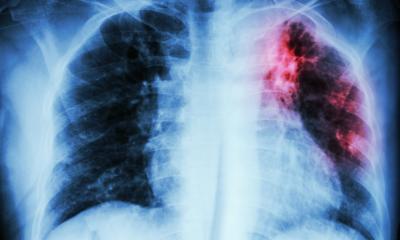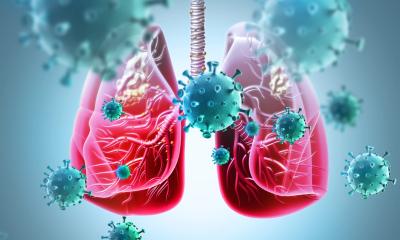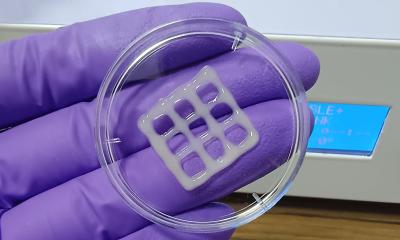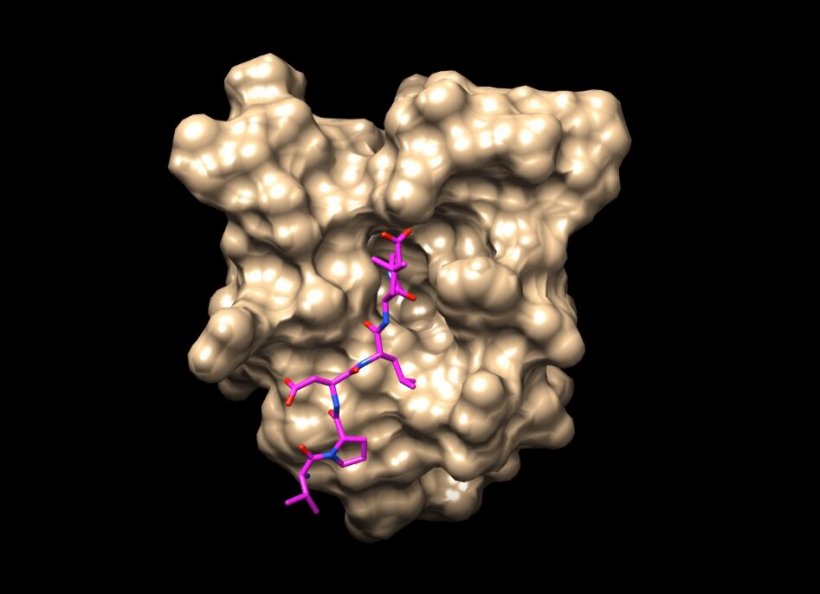
Source: La Trobe University
News • Preventing long-term damage
How Covid-19 attacks lung tissues
La Trobe University researchers are the first in the world to characterize precisely how Covid-19 attacks lung tissues — an important step in preventing long-term damage. The researchers produced atomic-level images of the interplay between a protein found in the virus, and those in human tissues, including lungs.
Study co-author, Professor Marc Kvansakul from La Trobe University, said understanding how the virus attacks lung tissue is critical if we are to prevent long-term lung damage in some Covid-19 patients—including those with few or no risk factors. "We've seen many patients around the world recover from the acute phase of the disease, only to discover that they have long-term damage to lungs and other organs," Professor Kvansakul said.
"Pinpointing exactly how this damage occurs brings us an important step closer to developing treatments that can be administered while patients are still in intensive care. "The ultimate aim is to help people recover faster and more completely, and prevent any lingering respiratory issues," Professor Kvansakul said. Using powerful beams of light at the Australian Synchrotron, the researchers were able to produce images of how the SARS-CoV-2 E binds to and hijacks Pals1, a key protein found in human tissue.
Recommended article
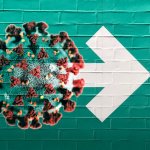
News • Coronavirus complications
Post-acute Covid: study explores risk of developing long term conditions
One in 7 (14%) adults with coronavirus infection developed at least one new condition that required medical care during the post-acute phase of illness, which is 5% higher than adults with no coronavirus infection in 2020, finds a US study published by The BMJ. The post-acute phase in this study started 21 days (or 3 weeks) after initial infection.
This then creates a gap for the virus to enter the delicate lung tissue, leading to irreversible scarring. Study co-author, Professor Patrick Humbert from La Trobe University, said although new COVID-19 vaccines are being administered around the world, finding treatments to combat its long-term effects remains critical. "We've already seen how this virus can mutate into new strains, meaning our current vaccines won't always be effective," Professor Humbert said. "There are also many countries around the world—including Australia—that are unlikely to achieve high vaccination levels for some time.
"The virus is going to be with us for a very long time, so helping people achieve a fast and complete recovery is absolutely vital," Professor Humbert said. Professor Kvansakul said the next step is to develop drugs to target this virus-host interaction—treatments that could potentially reduce infectivity and viral spread, as well as lung damage.
This would be especially important for people who have not been vaccinated or who have poor responses to the current vaccines.
Source: La Trobe University
18.06.2021



